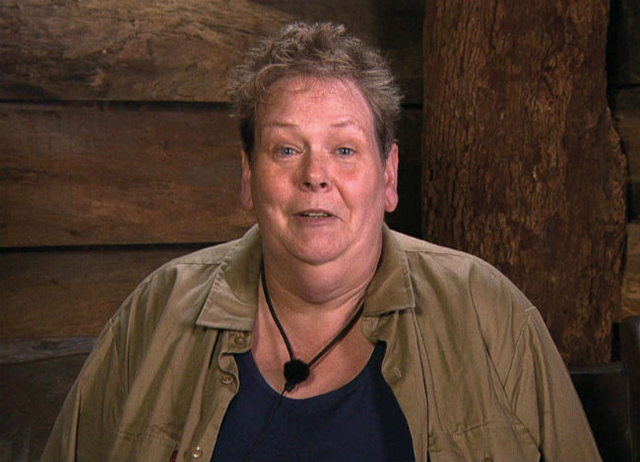
A study by Trinity College (TCD) has found that even those with mild Covid-19 symptoms can develop “Long Covid”. Liam Townsend, a research fellow in TCD and specialist registrar at St James’s Hospital was the study’s lead author.
Long Covid refers to the long-term effects people experience after initial Covid-19 infection. Dr Townsend explained to ‘The College View’ that researchers around the world are currently striving to learn about the effects of the condition.
“There is a lot of work ongoing on Long Covid. This includes here in Ireland, as well as at the other major centres around the world.
“The National Insitute of Health (NIH) in the USA have research funding specifically for investigating this syndrome, and there are large patient-lead groups conducting large-scale observational studies” said Dr Townsend.
A range of symptoms listed by the UK’s National Health Service includes fatigue, shortness of breath, chest pain, brain fog, insomnia and joint pain. However, this condition has limited research.
Carriers of Long Covid cannot pass the condition onto others.
In the UK, the Royal College of General Practitioners and the National Institute for Health and Care Excellence split Covid-19 into three categories depending on the length of time someone has had symptoms for.
These include Acute Covid-19 (up to four weeks) and ongoing symptomatic Covid-19 (between four and twelve weeks). The final category is Post-Covid-19 syndrome, where symptoms develop during or after the initial virus and last over twelve weeks.
Already, England is beginning to establish Long Covid facilities as growing numbers present with the condition. Similar clinics are not yet available in Ireland.
Dr Townsend, explains that Long Covid is likely to become significant issue in the near future. “It has the potential to be a significant burden on the health of the population, as well as further strain on health systems.
“It is still to early to predict the long- term course of patients with Long Covid, but there is a clear requirement to provide resources to adequately address patient needs,” said Townsend.
The TCD Department of Medicine’s study on Long Covid is one of the first in the world. The study included 153 patients who had contracted Covid-19.
Out of these 153, some had mild symptoms and self-isolated at home while others had been admitted to ICU with the virus. Chest x-rays and six-minute walking tests were used to assess lung function and respiratory symptoms.
Only four per cent of patients showed signs of lung scarring. The study suggested that females may be more likely to develop Long Covid.
Those with mild symptoms of the virus are not immune from Long Covid. Townsend told ‘The College View’ that the researchers had expected those with severe initial symptoms to be more at risk of developing severe symptoms afterwards .
“This finding, along with other studies that have reported similar results, suggests that the cases of prolonged symptoms may be more complex than simply resolving severe infection,” said Dr Townsend.
Dr Townsend and his team encouraged patients who contracted Covid-19 to seek follow-up treatment, regardless of the severity of the patient’s symptoms.
Teams like Dr Townsend’s in universities across the country are researching various aspects of Covid-19 as we continue to learn more about the relatively new virus. This research is more important now than ever.
“Ireland has a strong global standing in both biomedical and immunology research”, explains Dr Townsend.
“The research being conducted at present demonstrate the strengths of Irish research: collaborative efforts across disciplines and institutions, to ensure that the most rigorous and comprehensive studies are performed.”
Dr Townsend and his team hope to expand on this research in the future.
“We have several studies ongoing. We also have a bioresource, which enrolls patients diagnosed with Covid in St James’ Hospital.
This allows researchers to contact these patients in the event of new research studies being designed, and is vital to addressing many of the unanswered questions surrounding Long Covid”, he finished.
Róisín Cullen
Image Credit: Mitch Hodge on Unsplash



